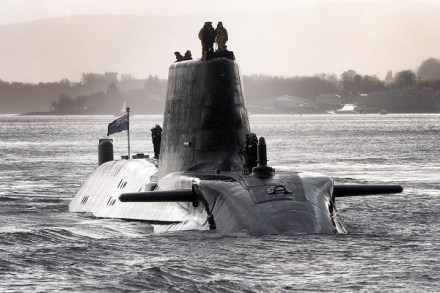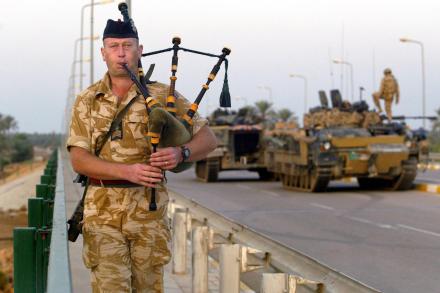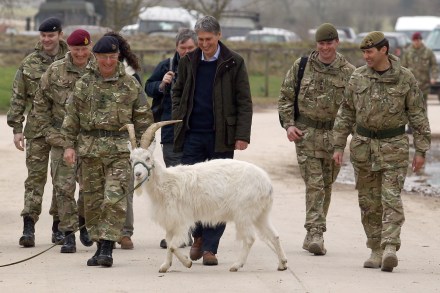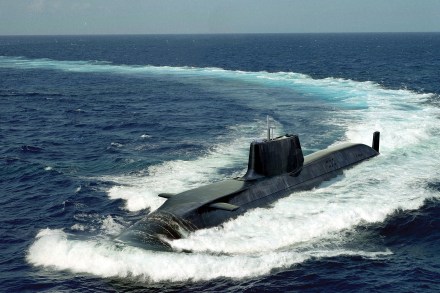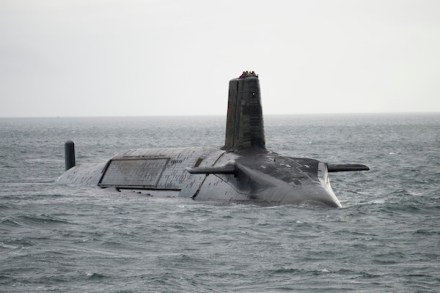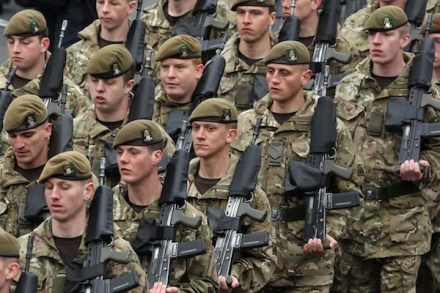Nuclear weapons, Scotland and the future of the United Kingdom
David Cameron – who, in case you’d forgotten, leads the Conservative and Unionist Party – made a rare visit to Scotland yesterday. He spoke about defence. His message was clear: an independent Scotland could not expect to win defence contracts from what remains of the United Kingdom. Jobs and expertise, therefore, would be lost. Vote no. This is, as Iain Martin notes, smart politics. The Nationalists are weakest on those briefs which are the central functions of a nation state: defence, foreign policy and welfare. Cameron, as the British Prime Minister, should make more of this natural advantage. (Incidentally, Alex Massie has an excellent account of the referendum battle. It’s
